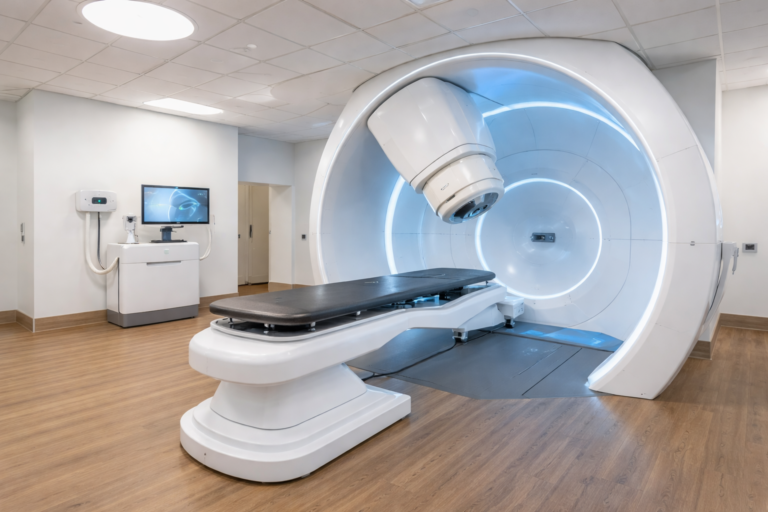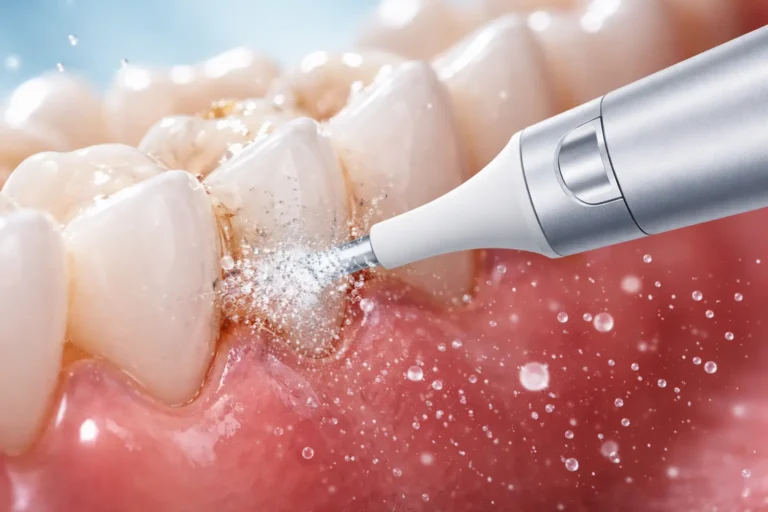
PharmaJet®, a company focused on enhancing injectable performance with its needle-free technology, has announced the results of an implementation study in Nigeria. This study evaluated the impact of administering the intradermal fractional inactivated poliovirus vaccine (fIPV) using the Tropis® ID Needle-free System, compared to the standard full-dose IPV delivered via needle and syringe.
The findings were presented at an event attended by experts from the Nigeria Federal Ministry of Health (FMOH), WHO, UNICEF, and USAID. Principal investigators from the Nigeria National Primary Health Care Development Agency (NPHCDA), Jhpiego, PATH, and Sydani Group reported significant improvements: increased vaccination coverage, reduced program costs, and strong preference for the Tropis system among healthcare workers for routine immunization.
Increased Coverage: The study found that vaccination coverage for IPV2 was 11.2% higher among those using the Tropis system compared to the standard approach. When Tropis is employed, the odds of receiving two doses of IPV are doubled.
Decreased Cost: Using Tropis resulted in incremental cost savings of $0.07 to $1.00 per dose across various scenarios, with total immunization costs potentially decreasing by up to 47% compared to traditional needle delivery. Transitioning to Tropis could save Nigeria’s immunization program approximately $50 million over five years.
Feasibility and Scalability: Caregiver acceptance of Tropis was notably high, with over 96% indicating they would be more likely to return for future vaccinations if Tropis was used. Additionally, 95% of healthcare workers preferred the needle-free option, citing its ease of use, safety, and reduced discomfort for recipients. Tropis also shortened the administration time compared to standard methods.
Funded by a $1.5 million multi-year grant from the USAID Development Innovation Ventures Program, the study began in September 2022 and included a six-month implementation phase.
Introducing a second dose of the inactivated polio vaccine (IPV2) is vital for closing immunity gaps and enhancing resilience against poliovirus. Currently, the first dose (IPV1) coverage in the Africa Region is 78%, while IPV2 coverage stands at only 19%. “Through USAID’s support for this study, we aimed to gather local evidence on the acceptability, feasibility, and cost-effectiveness of this delivery method,” said Gertrude Odezugo, Health Population and Nutrition Office, USAID/Nigeria. “This intervention allows us to explore innovative vaccination strategies while tackling ongoing challenges, marking a significant step toward equitable polio immunization for Nigerian children.”
Dr. Emmanuel Odu, Senior Special Advisor to the Minister of Health at FMOH, emphasized the importance of the study, stating, “This is one of the first instances where a strategy is implemented based on locally generated evidence. The findings suggest improved coverage and cost savings, which will save millions over time.”
Paul LaBarre, Vice President of Global Business Development at PharmaJet, added, “This study solidifies Tropis as an effective tool in routine immunization programs in high-risk polio areas. Its effectiveness has been proven in several countries, including Cuba, The Gambia, Pakistan, and Somalia. These new findings complement previous evidence from Nigeria that demonstrated Tropis’ capability in house-to-house vaccination campaigns. On this World Polio Day 2024, we are grateful to our partners for their collaboration and reaffirm our commitment to the Global Polio Eradication Initiative.”
The study results will also be presented at the American Society of Tropical Medicine and Hygiene (ASTMH) Annual Meeting in New Orleans from November 13-17, 2024.




